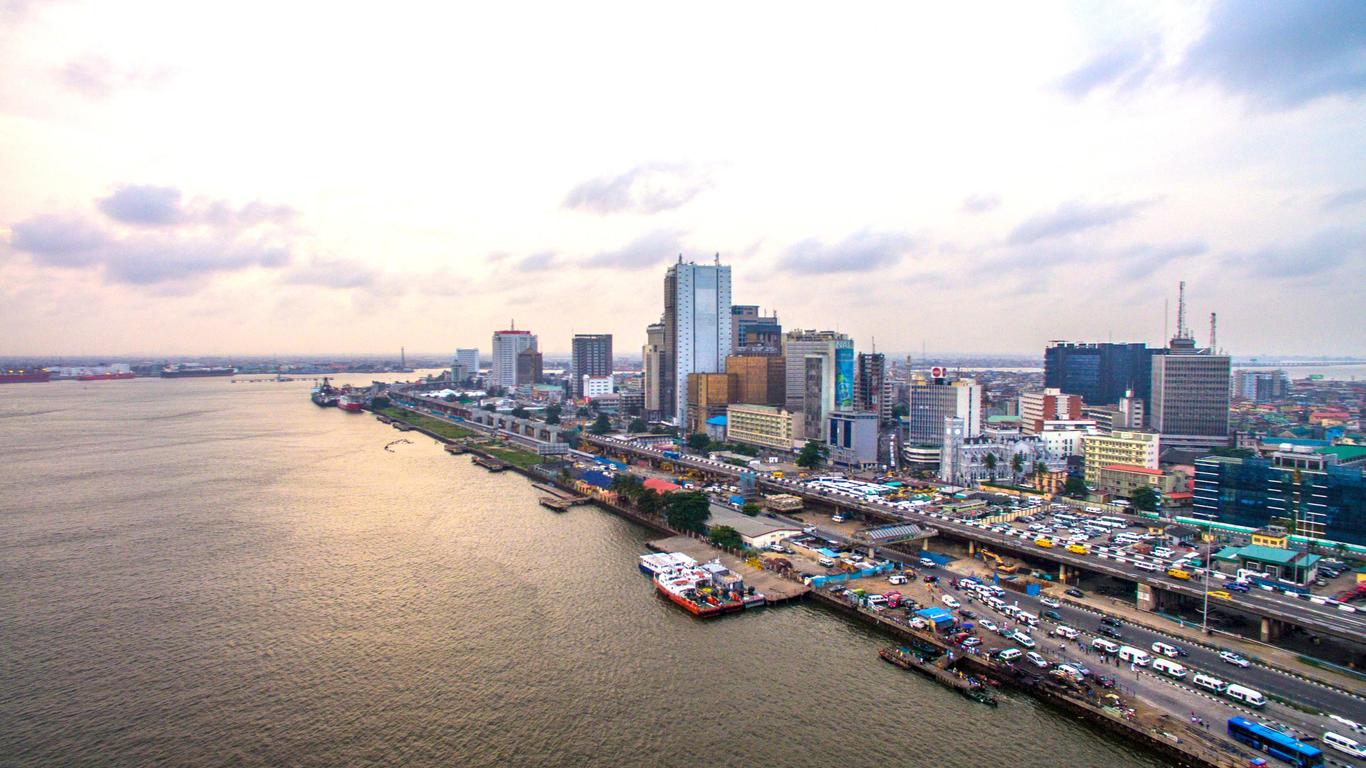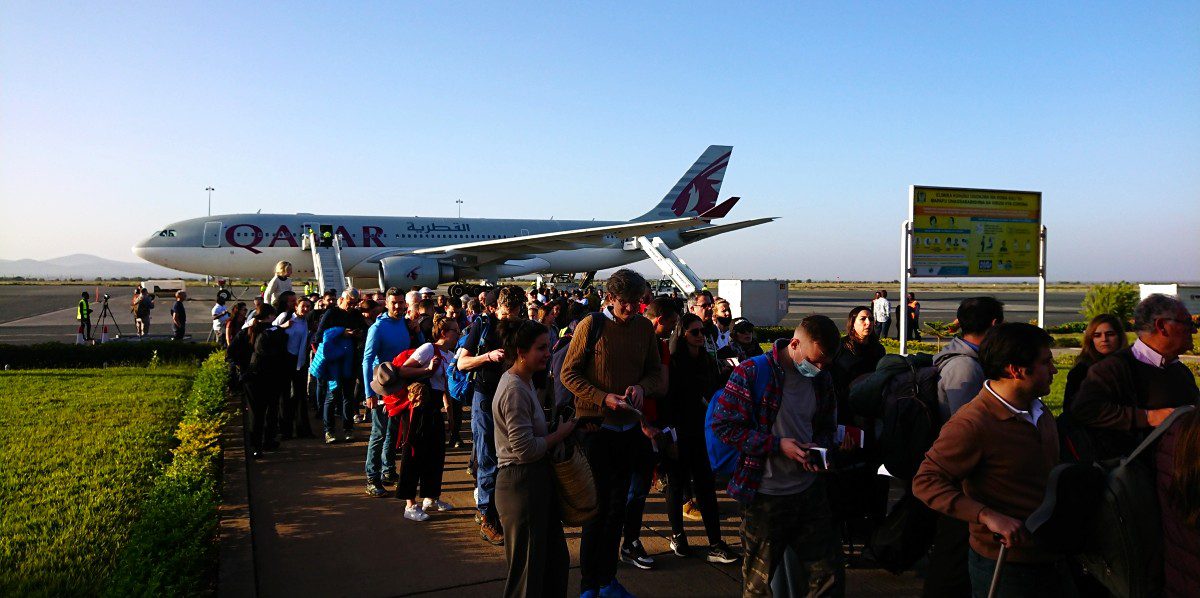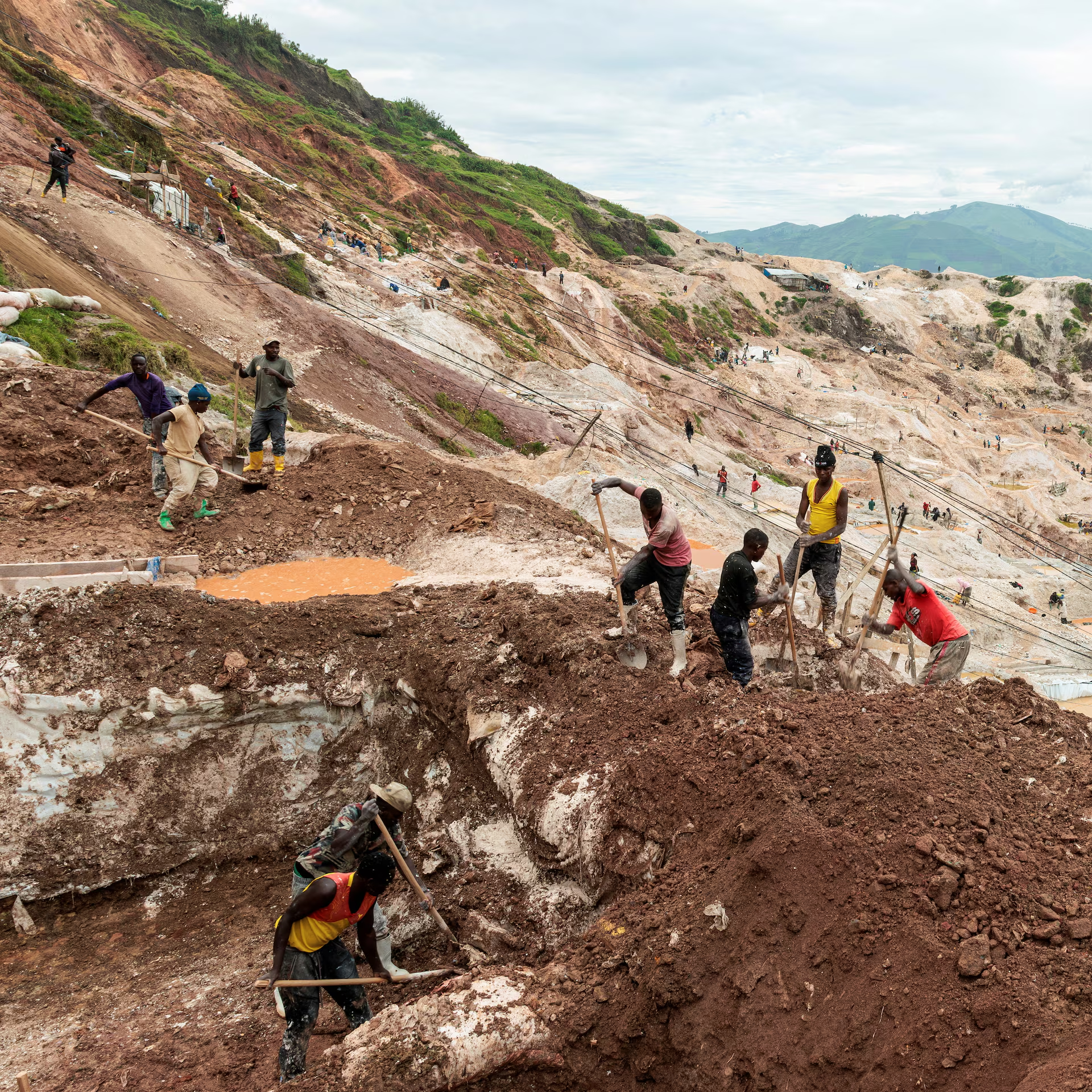

Northeastern Ituri province in the Democratic Republic of Congo (DRC) has become the epicenter of a humanitarian disaster, with over 1.6 million people uprooted by violence. The fragile stability provided by the United Nations peacekeeping mission, MONUSCO, is now under threat as the mission plans its withdrawal by December 2024. This move could leave millions more vulnerable in an already volatile region.
The conflict in Ituri has escalated since 2017, with armed groups such as the Cooperative for the Development of Congo (CODECO) and the Allied Democratic Forces (ADF) targeting civilians and displacing entire communities. The June 2023 raid on Lala camp, where hundreds of shelters were destroyed, underscores the brutality of these groups. Across the eastern provinces of the DRC, over 3.3 million people are displaced, highlighting the deepening crisis.
In the absence of MONUSCO, these displaced communities face an uncertain future. For many, the mission has been a vital lifeline, offering security and enabling farming activities that combat hunger. Residents like Désiré Dhekana have described how peacekeeper patrols allowed them to return to their fields and harvest much-needed crops.
MONUSCO’s phased withdrawal raises fears of a power vacuum. Despite its criticisms, the mission’s presence has deterred attacks and provided essential services where government institutions have failed. Lawmaker Gracien Iracan noted that a significant portion of Ituri remains under militia control, with the Congolese army’s resources stretched thin. The army’s inability to protect civilians has been a recurring theme, fueling skepticism about its capacity to replace MONUSCO.
In addition to direct security measures, MONUSCO has fostered dialogue between warring communities, mediating disputes and easing tensions. However, unresolved issues, such as the widespread circulation of firearms and deep-seated grievances from decades of instability, continue to undermine peacebuilding efforts.
The humanitarian toll of the ongoing conflict is staggering. Displaced populations face chronic shortages of food, healthcare, and shelter. Many camps rely on MONUSCO’s support for medical care and logistical assistance. The departure of peacekeepers risks plunging these communities further into crisis, with local leaders emphasizing the need for sustained international engagement to address both immediate needs and the underlying causes of violence.
Moreover, MONUSCO’s role in promoting social cohesion has been critical. Through initiatives aimed at uniting divided communities, the mission has helped rebuild trust in regions polarized by ethnic and political strife. These efforts must not be abandoned if lasting peace is to be achieved.
As MONUSCO prepares to exit the DRC, the international community must act decisively to ensure a smooth transition. Strengthening the capacity of Congolese security forces and investing in community-driven peace initiatives will be essential to prevent a resurgence of violence. Failure to address these challenges could lead to further instability, prolonging the suffering of millions.
Ituri’s plight demands a comprehensive approach that prioritizes security, humanitarian aid, and long-term development. The stakes are high, and the consequences of inaction could reverberate far beyond the borders of the DRC.


